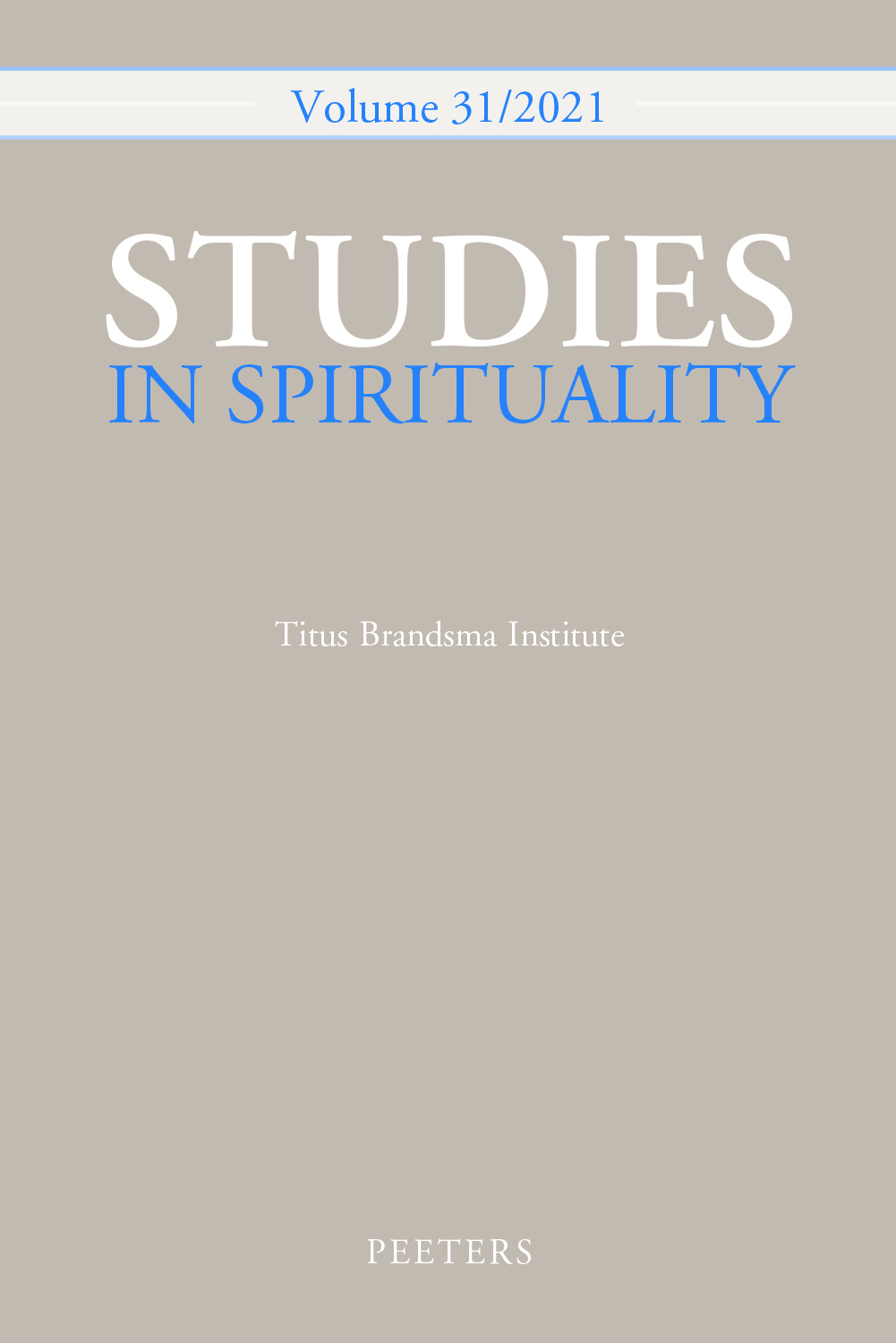 previous article in this issue previous article in this issue | next article in this issue  |

|
Document Details : Title: 'O Happy Living Things' Subtitle: Healing Serpent Power in Coleridge's 'Rime' Author(s): MOORES, Donald J. Journal: Studies in Spirituality Volume: 17 Date: 2007 Pages: 225-246 DOI: 10.2143/SIS.17.0.2024650 Abstract : Coleridge’s ‘Rime of the Ancient Mariner’ poses an interpretive dilemma: if we read the poem as an allegory of the Judeo-Christian Fall or of the Christian redemption, we cannot make sense of the complex psychology it illustrates, but if we appeal to some trauma in the poet’s childhood or to his Oedipal complex, we are at a loss to make sense of the religious sensibility that significantly informs the poem. An appeal to Jungian theory can reconcile such mutually exclusive elements. Specifically, Jung’s ideas on the personal and collective shadow – the unwanted, repressed aspects of the psyche that collectively amount to the values, beliefs, and behaviors society refuses to acknowledge or tolerate and thus subjugates – can help to reconcile the seemingly contradictory approaches to making sense of why the Mariner kills the albatross. In The ‘Rime’ Coleridge re-enacts the Judeo-Christian “killing” of nature and the subsequent estrangement from natural human instincts. Through the Mariner’s story the poet expresses his own psychological response to this religious value system while also exploring an aspect of his artistic development – his movement towards an organic conception of the cosmos. |
|
